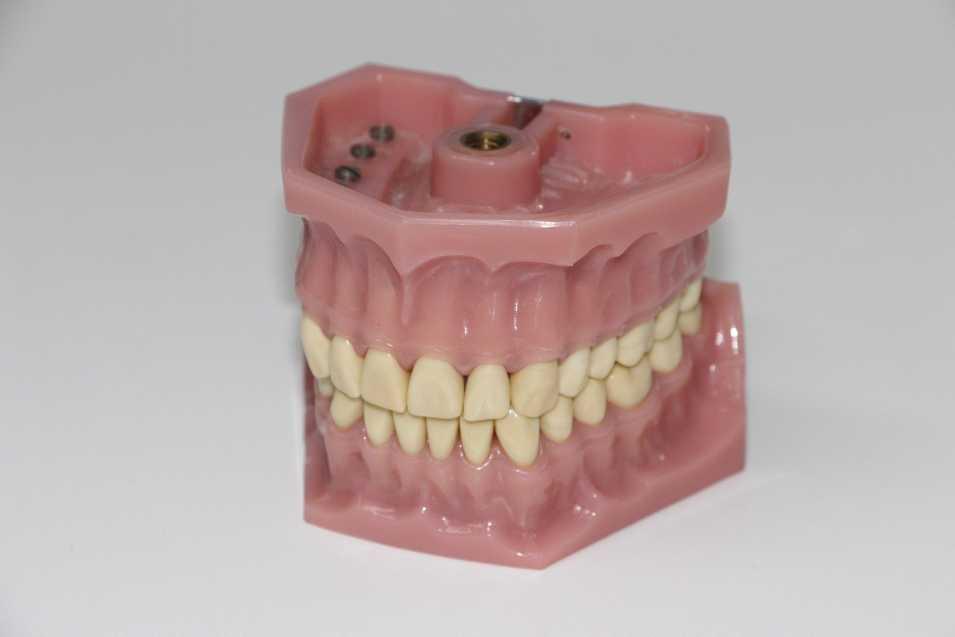Does Medicare Cover Dental Implants? Dental implants have gained significant popularity as a viable treatment option for those who have had tooth loss or injury. They provide a stable and natural-looking replacement by attaching artificial teeth to metal posts implanted in the jawbone.
However, if you’re a Medicare beneficiary, you may wonder if Medicare covers dental implants. In this article, many questions will be answered, such as does medicare cover dental implants, what are medicare dental care alternatives.
Medicare Coverage for Dental Implants
Medicare, including Part A and Part B, typically excludes coverage for regular dental procedures or dental implants. However, there are certain exceptions when Medicare may cover dental services.
For instance, if you require a dental exam as part of pre-operative clearance for heart valve surgery or organ transplant surgery, Medicare may cover it. Additionally, Medicare Part A may cover your inpatient care if you undergo a complex or emergency dental procedure in a hospital.
It’s crucial to note that Medicare’s coverage for dental services is limited and primarily focuses on situations related to other medical conditions. As a result, dental implants are typically not covered under Original Medicare.
Medicare Advantage Plans and Dental Coverage
While Original Medicare doesn’t provide coverage for dental implants, Medicare Advantage (MA) plans may offer dental benefits. Medicare Advantage (Part C) plans are offered by Medicare-approved commercial insurers. These plans cover Original Medicare but often offer other benefits.
Many Medicare Advantage plans offer routine dental care, including check-ups, cleanings, X-rays, and fillings. Some plans may even cover more extensive dental procedures, such as dental implants.
However, it’s important to carefully compare plan benefit details to determine if dental implant coverage is included and to understand any specific requirements or limitations.
Keep in mind that Medicare Advantage plans vary in terms of coverage and cost, so it’s crucial to research and compare different plans available in your area to find one that suits your dental needs.

Prescription Medication Coverage for Dental Implant Procedures
When it comes to prescription medication related to dental implant procedures, coverage under Original Medicare is limited. Medicare Part A generally covers medications taken during dental surgery performed in a hospital. However, outside of the hospital setting, prescription medications related to dental services are not typically covered by Original Medicare.
Suppose you have Medicare Part D or Medicare Advantage. Antibiotics, painkillers, and other prescription medications recommended by your doctor before and after your dental implant treatment are more likely to be covered.
Check your plan’s formulary to be sure your dental implant meds are covered.
Related Article: Pediatric Dental Check Up
Other Options for Dental Coverage
Considering the limited coverage provided by Medicare for dental implants, it may be worth exploring alternative options for dental care. One option is private dental insurance plans, which can provide coverage specifically for dental services, including dental implants.
These plans are separate from Medicare coverage and can help offset some of the out-of-pocket costs associated with dental procedures.
Medigap plans, often known as Medicare Supplement Plans, are another option. These plans are meant to cover any medical expenses not paid for by Original Medicare.
While Medigap plans don’t typically cover dental care directly, they may help cover deductibles, copays, and other related costs that Medicare does not pay for.
In summary, Medicare coverage for dental implants is limited under Original Medicare. While routine dental services and dental implants are generally not covered, there may be certain exceptions for dental services related to specific medical conditions. On the other hand, Medicare Advantage plans may offer dental benefits, including coverage for dental implants and other procedures.
It’s crucial to carefully compare plan details and consider alternative options such as private dental insurance or Medigap plans to ensure adequate coverage for your dental needs. Always check with your dentist and insurance company to find out exactly what services are covered by Medicare in your case.
Related Article: Does Medicare Cover Ozempic for Diabetes
